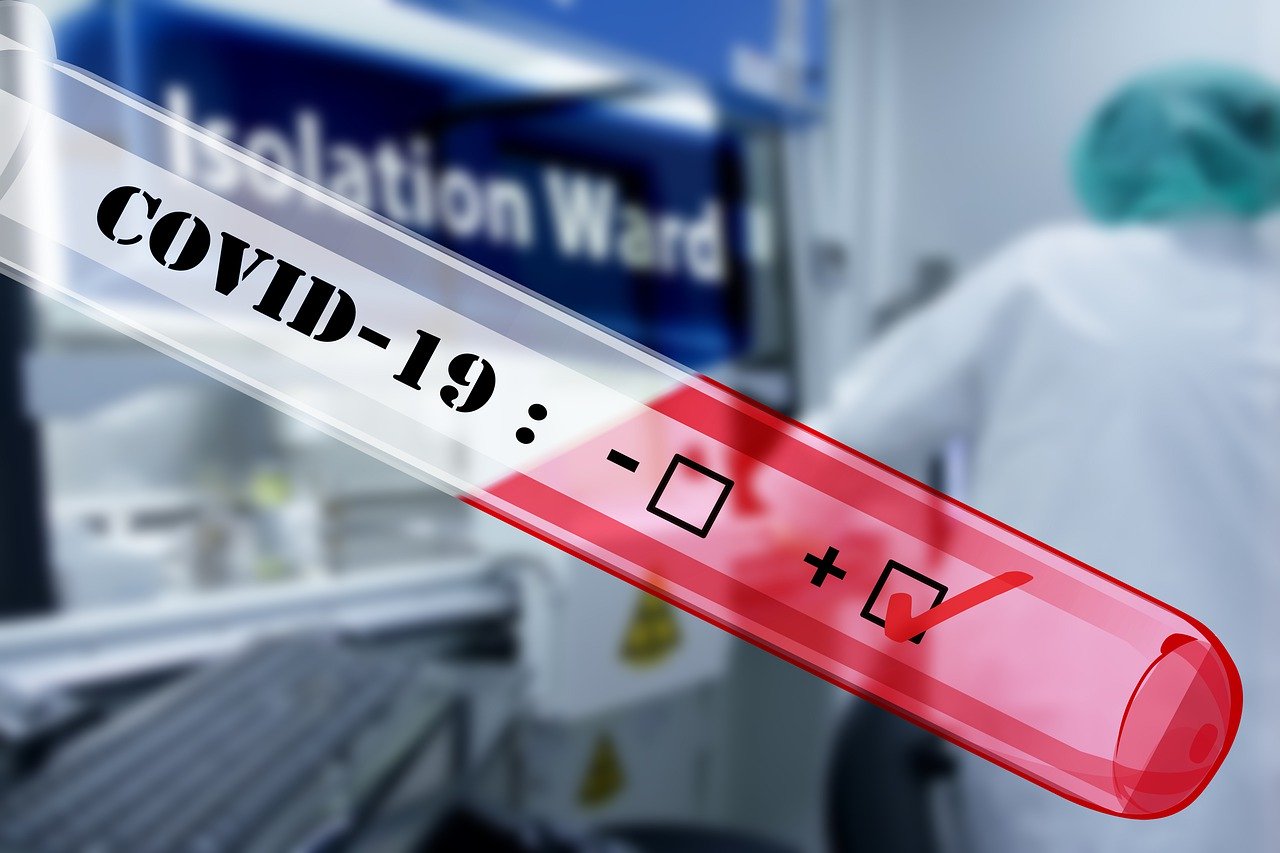
Coronavirus testing in the US lacks organization and coordination, according to infectious disease experts from the University of Minnesota.
In a new report released Wednesday, a team of researchers say they find coronavirus testing in the US not accurate enough to become a basis of most decisions. These decisions include whether it is safe to return to work or school.
ADVERTISEMENT
"It's a mess out there," Mike Osterholm, head of the university's Center for Infectious Disease Research and Policy (CIDRAP), which released the report, told CNN.
"Testing is very, very important, but we're not doing the right testing."
According to the report, the number of accomplished tests, those widely presented by states and by the White House, represent only part of the whole situation.
"The data is really kind of screwed up," Osterholm said. "It's because the public health system is overwhelmed."
Recommendations for diagnostics tests
The report details scientific recommendations for diagnostic tests that evaluate whether a person has coronavirus.
The report considers testing critical for clinical care of patients, for disease surveillance and contact tracing. Testing is also useful for checking the exposure of frontline workers, such as emergency responders, nurses, and doctors, to infection. The report also says that people manifesting symptoms should undergo testing.
However, the CIDRAP team emphasized that coronavirus testing is not accurate enough yet to use in many other ways.
The researchers recommends against: universal testing in hospital environment; testing in schools or other low-risk sites; widespread community-based testing; antibody tests to determine who returns to work; and immunity passports.
The report clarifies that testing asymptomatic people in long-term care facilities in some cases is important because of the risk.
"Asymptomatic shedding of the virus may be detected with a molecular test or an antigen test. It is not yet clear where, when and how asymptomatic individuals should be tested."
Antibody tests
Antibody tests must be applied only with caution, the report said. These tests examine the blood to identify an immune response to the virus. Antibody tests also detect someone who has been infected for some days or has survived an infection.
Moreover, antibody tests can be used in locating donors of plasma used to treat patients or for finding out how to take care of patients when standard diagnostic tests show negative results.
The report stresses the uncertainty of whether antibody tests can determine the immune status of health workers.
"We believe that greatly expanding SARSCoV-2 testing is a critical element in our response to COVID-19," the report reads.
"For testing to be maximally effective, coordination across the system and across jurisdictions is necessary. Ideally, this requires federal guidance, leadership and support, with strong jurisdictional buy-in at the state and local levels," the report says.
Researchers also call on the US Department of Health and Human Services to form a panel to supervise and run coronavirus testing in the US.
"The panel should include representatives from public health, clinical laboratory, and medicine; the laboratory testing research and development, marketing, and product support industries; ethicists; legal scholars; and elected officials," the report says.






